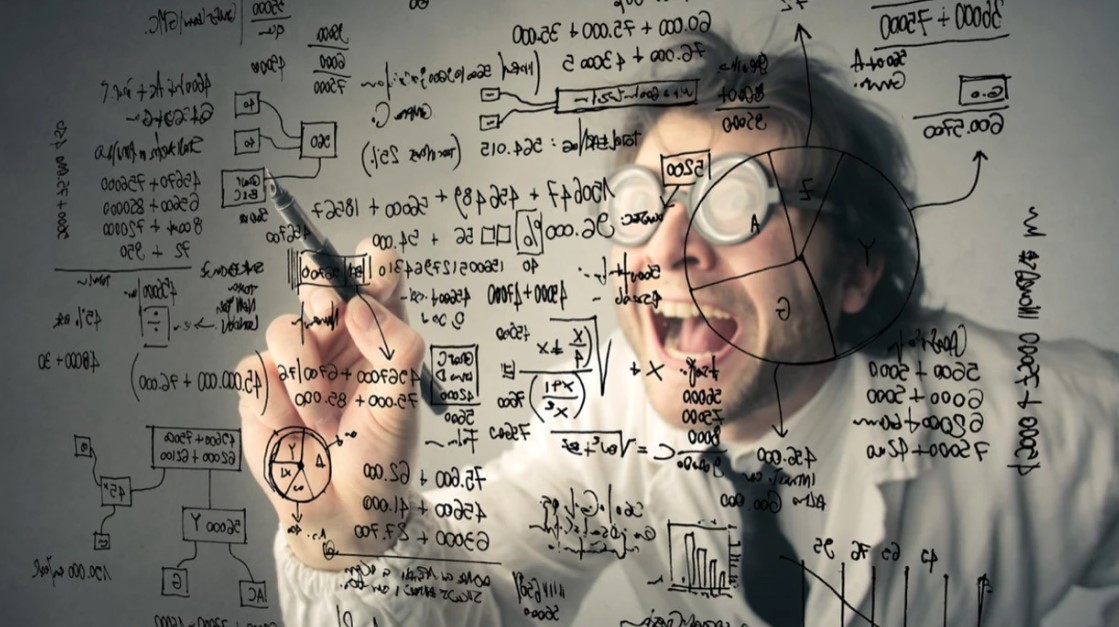Top 14 unpredictable inventions which changed the world
Top 14 unpredictable inventions which changed the world
Here’s a breakdown of 14 unpredictable inventions that changed the course of human history, each sparking innovation and transforming the world in ways that were difficult to foresee at the time of their creation.
- The Wheel (circa 3500 BCE)
The wheel may seem obvious to us today, but its invention was revolutionary. First appearing in Mesopotamia, the wheel’s introduction didn’t just change transportation; it was integral to the development of tools, machinery, and even the creation of the earliest forms of agriculture. Without the wheel, the advancement of civilization as we know it would have been significantly delayed.
- The Printing Press (1440)
Johannes Gutenberg’s printing press revolutionized the way knowledge was disseminated. Before its invention, books were hand-copied, making them scarce and expensive. The press made it possible to mass-produce written material, democratizing information and paving the way for widespread literacy, the Renaissance, the Reformation, and the scientific revolution.
- The Steam Engine (1712)
Invented by Thomas Newcomen and later perfected by James Watt, the steam engine was an unpredictable breakthrough in energy production. This innovation powered the Industrial Revolution, enabling factories, transportation, and mining operations to function on a scale never seen before. The steam engine dramatically reshaped society, economy, and industry.
- The Light Bulb (1879)
Although electric light had been theorized and experimented with for decades, Thomas Edison’s development of the practical light bulb made it a household necessity. It changed how humans interacted with their environment, extending the day into night and altering the rhythms of work and leisure.
- The Lens (13th Century)
The lens, developed in medieval times, opened the door to telescopes and microscopes. It expanded our view of the universe, both inward and outward. With microscopes, scientists discovered microorganisms and revolutionized biology and medicine. Telescopes led to the exploration of space and reshaped our understanding of the cosmos.
- Paper (circa 105 CE)
Invented in China, paper became a revolutionary medium for communication and record-keeping. Before paper, writing was done on materials like clay, papyrus, and animal skins. Paper made writing more accessible and led to the development of books, documents, and eventually the printing press, which would change the world forever.
- Vaccines (1796)
Edward Jenner’s development of the smallpox vaccine was the start of a new era in medical science. Vaccines have since eradicated deadly diseases and saved millions of lives. The unexpected success of vaccination led to advancements in public health, leading to the control of diseases like polio and measles.
- The Computer (1940s-1950s)
The invention of the computer, from early calculating machines to the personal computers of today, has had an unpredictable, far-reaching impact. Computers have revolutionized almost every aspect of modern life, from work to entertainment to communication. The digital age would be unimaginable without this invention.
- The Telephone (1876)
Invented by Alexander Graham Bell, the telephone was an unforeseen leap forward in communication. The ability to speak to someone across distances revolutionized business, personal connections, and global interaction. It set the foundation for further innovations in telecommunications.
- The Internet and World Wide Web (1960s-1990s)
The Internet, initially conceived for military and academic use, evolved into a global platform that transformed society. The World Wide Web, developed by Tim Berners-Lee, made it possible for the internet to be navigable, accessible, and interactive. This combination of technologies revolutionized communication, commerce, education, and entertainment, making the world more interconnected than ever before.
- The Automobile (1885)
Karl Benz’s development of the first automobile paved the way for the mass production of cars. This invention changed transportation, urban development, and the structure of modern society. People could now travel long distances quickly and affordably, reshaping economies, cultures, and environments.
- Semiconductors (1940s-1950s)
The development of semiconductors revolutionized electronics, leading to the miniaturization of technology and the creation of computers, smartphones, and countless other devices that are essential to modern life. Semiconductors are the backbone of the information age, making modern computing possible.
- Steelmaking (19th Century)
The invention of the Bessemer Process for steelmaking, which allowed for the mass production of steel, played a crucial role in the Industrial Revolution. Steel became a central material for construction, machinery, and transportation, fueling the growth of cities, infrastructure, and global trade.
- The Telegraph (1830s)
Samuel Morse’s invention of the telegraph transformed long-distance communication. For the first time in history, messages could be transmitted quickly over vast distances. The telegraph was the precursor to the telephone and the internet, laying the foundation for modern global communication.
The unpredictable inventions
Each of these inventions, though unpredictable at the time of their creation, significantly altered the trajectory of human progress. They reshaped economies, societies, and cultures, bringing about a level of connectivity, efficiency, and knowledge that was previously unimaginable. Together, they form the foundation of the modern world we live in today.
Also Read – GTA 6 Likely to Run at 30FPS on Consoles, PC to Support Higher Frame Rates
